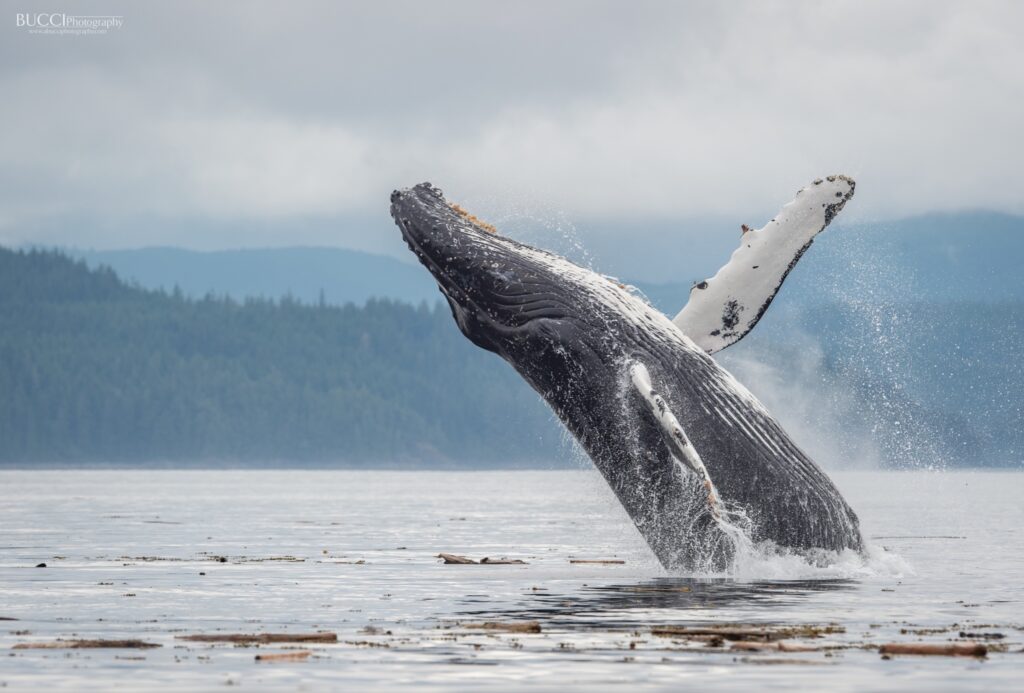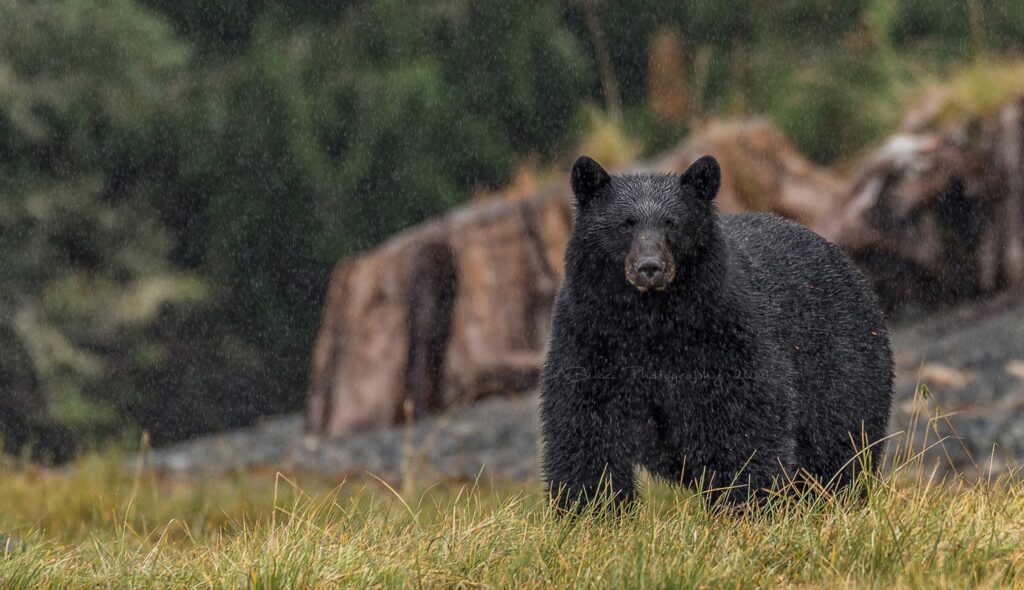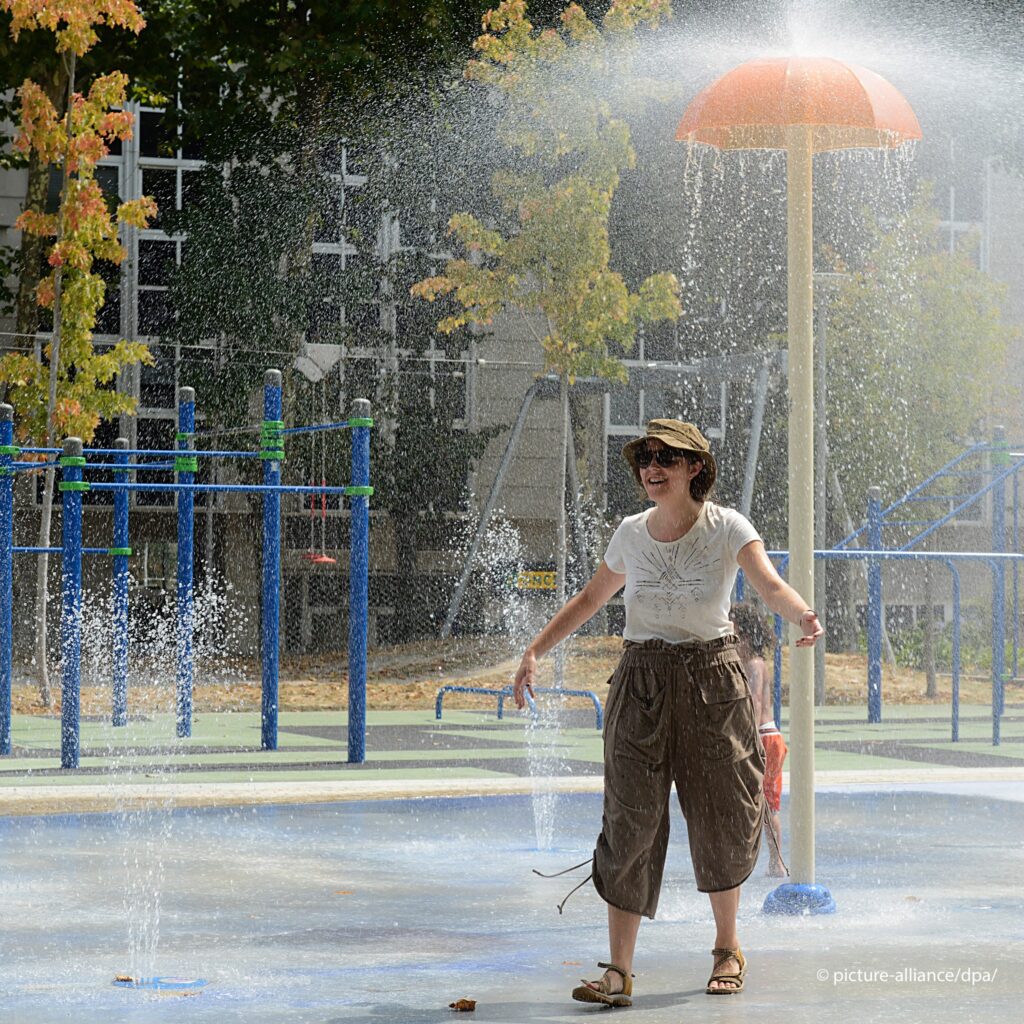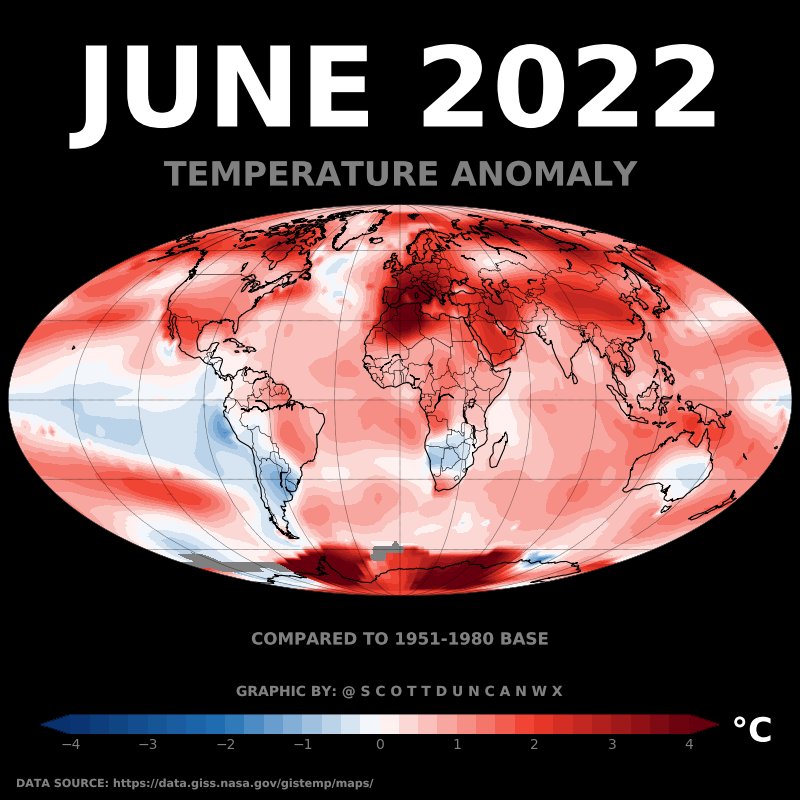If you’ve complained about the cool and damp days in B.C. this summer, chances are someone has happily replied, “at least it’s not a heat wave!”

The fact that B.C. has so far caught a break this year from extreme heat is welcome, as the province continues to recover from the soaring temperatures, drought, and fires of last year in which hundreds of people, billions of marine animals, and hundreds of thousands of farm animals died.
Meanwhile, record temperatures linked to climate change are scorching North Africa, Asia, Europe and China, with reports of deaths from heat, forest fires, threats to food supplies, even damage to infrastructure such as rail lines in the U.K. buckling from the heat wave.
This year the rest of the world “is in stark contrast to our weather here on the West Coast,” Environment Canada meteorologist Bobby Sekhon told West Coast Now.

“Luckily we haven’t seen the extreme heat of last year,” he said. In fact, parts of the province have experienced unusual rain.
But Sekhon warned that high heat will return to the province–possibly even starting this week, when a ridge of high pressure will warm coastal and Northern B.C.

“Places like Terrace could be flirting with heat warnings early next week,” Sekhon said. Heat warnings are issued when daytime temperatures are 28 degrees C or higher, with nighttime lows 13 degrees C or higher, he explained.
Weather is complex, but the recent temperate weather is likely due to undersea temperatures that have been cooler than average, said Sekhon. That’s due to a “La Nina” weather pattern – caused by changes in the ocean and atmosphere, which has lingered through spring and summer.
But there is no doubt we’re still experiencing a drastically changing climate.

“British Columbians are living the effects of extreme weather driven by climate change,” noted a press release Monday from the federal government. Ottawa announced $870 million in new funds “to support flood, landslide and storm recovery efforts in the province…in addition to the $207 million in support for wildfire recovery efforts that was announced in June.”
The risk of extreme heat like we saw last summer is only growing.
“We might not see it for a few years, but it will happen again,” Sekhon said. “The best thing is to be prepared.”








One Comment